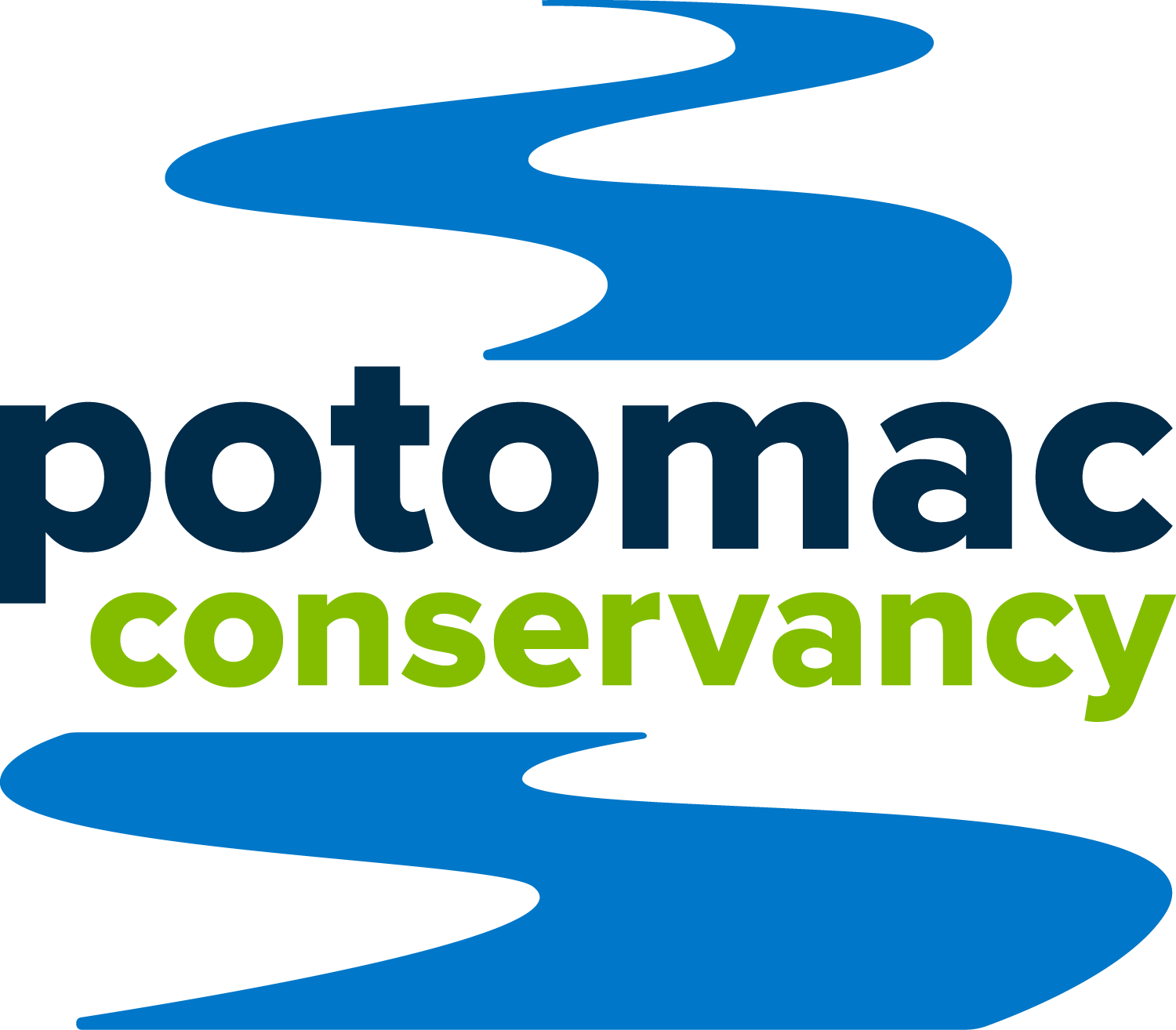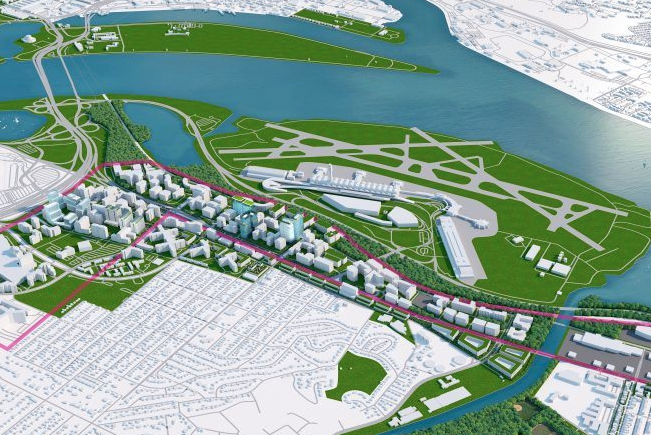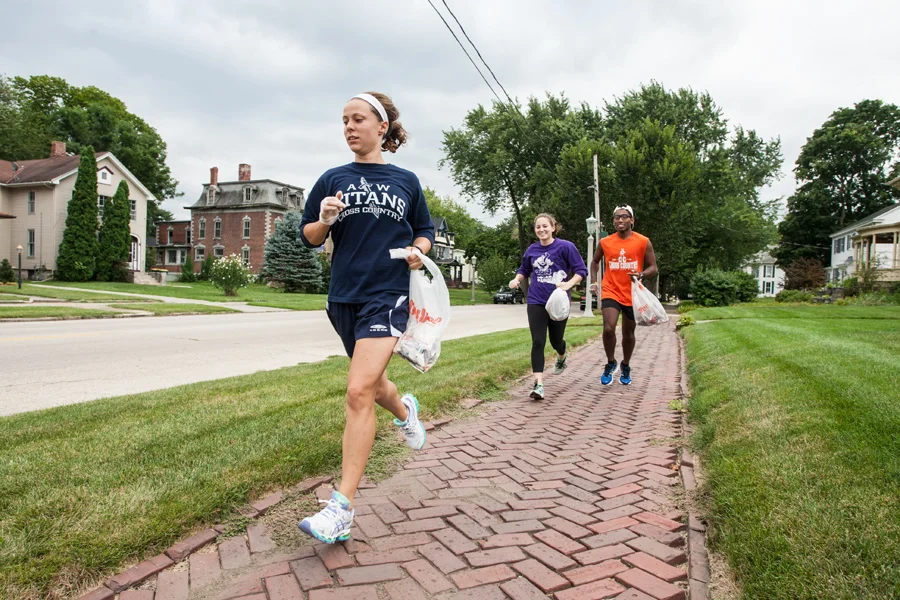Will Amazon HQ2 be good for H20?
/Potomac Conservancy weighs in on Amazon's new headquarters in Virginia
Potomac Conservancy believes the foundation of healthy, sustainable, and vibrant communities starts with clean water.
Our mission is to safeguard the lands and waters of the Potomac River and connect people to this national treasure. Working throughout the Potomac region, we protect upstream forests and working lands, empower volunteers to plant trees and remove trash from our waterways, and activate river advocates to fight for clean water policies and funding right here in the Washington, DC metro region.
The Potomac River, our Nation’s River, is in the midst of a comeback, but this progress is threatened by polluted runoff – the fastest growing source of pollution into the river and the Chesapeake Bay.
Every time it rains, water flows over our roads, rooftops, and parking lots, picking up trash, pesticides, pet waste, and toxins, dumping these pollutants right into our local creeks and streams. In order to address polluted runoff, Potomac Conservancy supports strong municipal separate storm sewer system (MS4) permits, nature-based green infrastructure practices, and regional, river-friendly growth patterns that enhance our quality of life now and into the future.
Amazon’s recent decision to bring 25,000 new jobs to Crystal City, Virginia, can be part of a healthy future for the Potomac River – or result in exacerbating our polluted runoff crisis.
Proponents of this decision claim the additional jobs will bring billions of dollars in economic investment and local tax revenue, which could bolster schools, transportation networks, and housing options.
In contrast, if poorly managed, this transition could create additional congestion on our transportation networks, increase crowding in our schools, and further exacerbate the growing income divide, particularly as it relates to housing and community gentrification.
Impacts from the hiring, which is slated to begin in 2019, could stretch from Frederick, Maryland down to Fredericksburg, Virginia, due to the commuting and housing patterns associated with our region. New development in Crystal City and throughout the region could provide opportunities for smart growth patterns and green infrastructure, or could further pave over our natural systems, resulting in reckless, sprawling growth.
Potomac Conservancy urges Crystal City, Arlington County, and the Commonwealth of Virginia to consider more than just the local financial impacts from these new jobs, and to explore and understand the regional and environmental impacts.
In cities and suburbs, water quality protection hinges on the development planning process and the execution of thoughtful planning focused on restoring our waterways. Across the commonwealth, urban and suburban polluted runoff and septic pollution are increasing.
Strong, enforceable MS4 permits and green infrastructure project minimums are necessary to ensure that impacts from new development are mitigated. Involving community stakeholders from the beginning of the planning process will be key to ensuring that local voices are heard and that the process is transparent. Maintaining transit-focused, walkable communities is necessary to keeping cars off our roads and pollution out of our air.
Much of this decision process was hidden from the public, including proposed tax incentives, subsidies, and cash grants. Future discussions regarding this transition, which will impact our land, air, water, and communities, must be conducted with full stakeholder participation, public accountability, and transparency.
At a time when the Potomac River is making a comeback, we can’t afford to let our progress go to waste.
We call on Amazon to join our efforts to ensure the Nation’s River – our Potomac – is clean and healthy, so that anglers can eat their catch and children can safely splash in streams.
Amazon’s decision presents an opportunity for the company to protect and enhance the region’s wonderful natural features, building towards clean water as the foundation for healthy communities. Amazon should join other national companies that support and champion healthy lands and clean waterways in the communities where its employees live, work, and play.
Get local river news delivered to your inbox.
Sign up for our free monthly River Update email.
100% Privacy. We do not spam or share your information.









